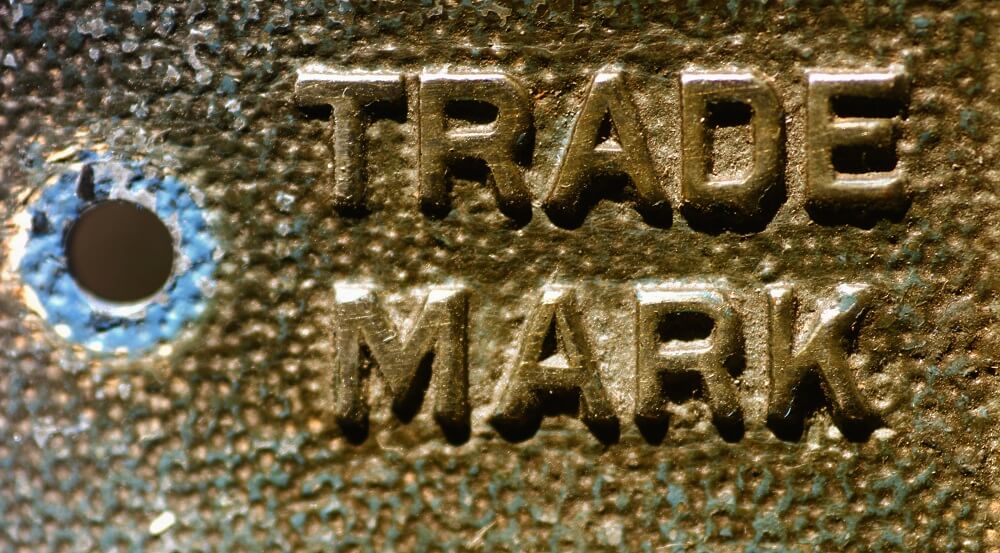
The cross-over protection between trade marks and company names in Sweden
Under Swedish law, there is a ‘cross-over protection’ between company names and trade marks. This connection provides the possibility of bypassing the stricter registration and use requirements of trade marks whilst retaining a similar form of rights protection.
Under Swedish trade mark law, the owner of a registered company name or trade name automatically enjoys an exclusive right to use that name as a trade mark. Correspondingly, under Swedish company law, a trade mark owner enjoys an exclusive right to use that mark as a trade name. In this way, protection for company names and trade marks is mutually complementary. This is a peculiarity of Swedish law that is found in few other countries.
The cross-over can be utilised to achieve protection similar to that of a trade mark right, but with the advantage that it is only necessary to fulfil the lower standards required for a company name registration. It is generally easier to register a company name since a relatively broad description of a company’s business will be acceptable when registering, whereas a more detailed description of the specific goods and services will generally be required for a trade mark registration. Furthermore, in practice, the requirement for distinctiveness is less strict for company names as compared to trade marks. Also, the Swedish Companies Registration Office is more lenient in its ex officio assessment of company names and the risk of confusion with existing trade names/marks compared to the corresponding assessment conducted by the Swedish Patent and Registration Office as regards trade marks.
In addition to the easier route to registration for company names, the ongoing maintenance process is also easier as compared with trade marks. A Swedish trade mark can be partially revoked while a company name cannot. A company name can only be revoked in its entirety, primarily due to its contractual function as the primary identifier for a legal entity used in entering into contracts. As a result, the requirement of use has been held lower for company names than for trade marks, meaning that it may in certain situations be more difficult to revoke a company name based on non-use than a trade mark. In other words, the requirement of use can be bypassed by taking advantage of this cross-over protection.
It is possible that the new Patent and Market Court, which ushers in a new judicial system for cases involving IP law, marketing law and competition law in Sweden from 1 September 2016, will contribute to a more uniform practice regarding the protection for trade marks and company names.
Originally published by BrandWrites 6th Edition. Co-authored by Daniel Thorbjörnsson.








